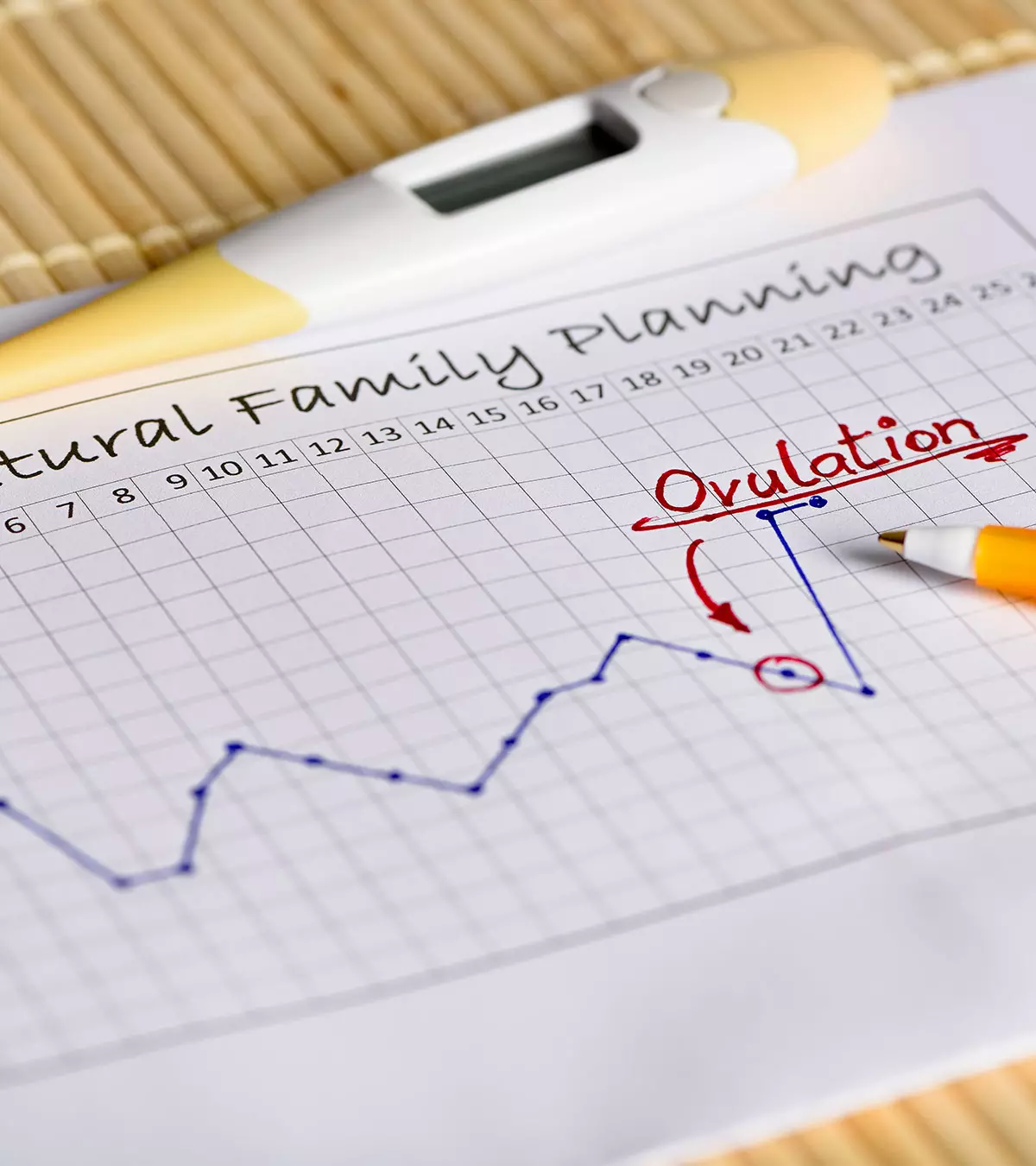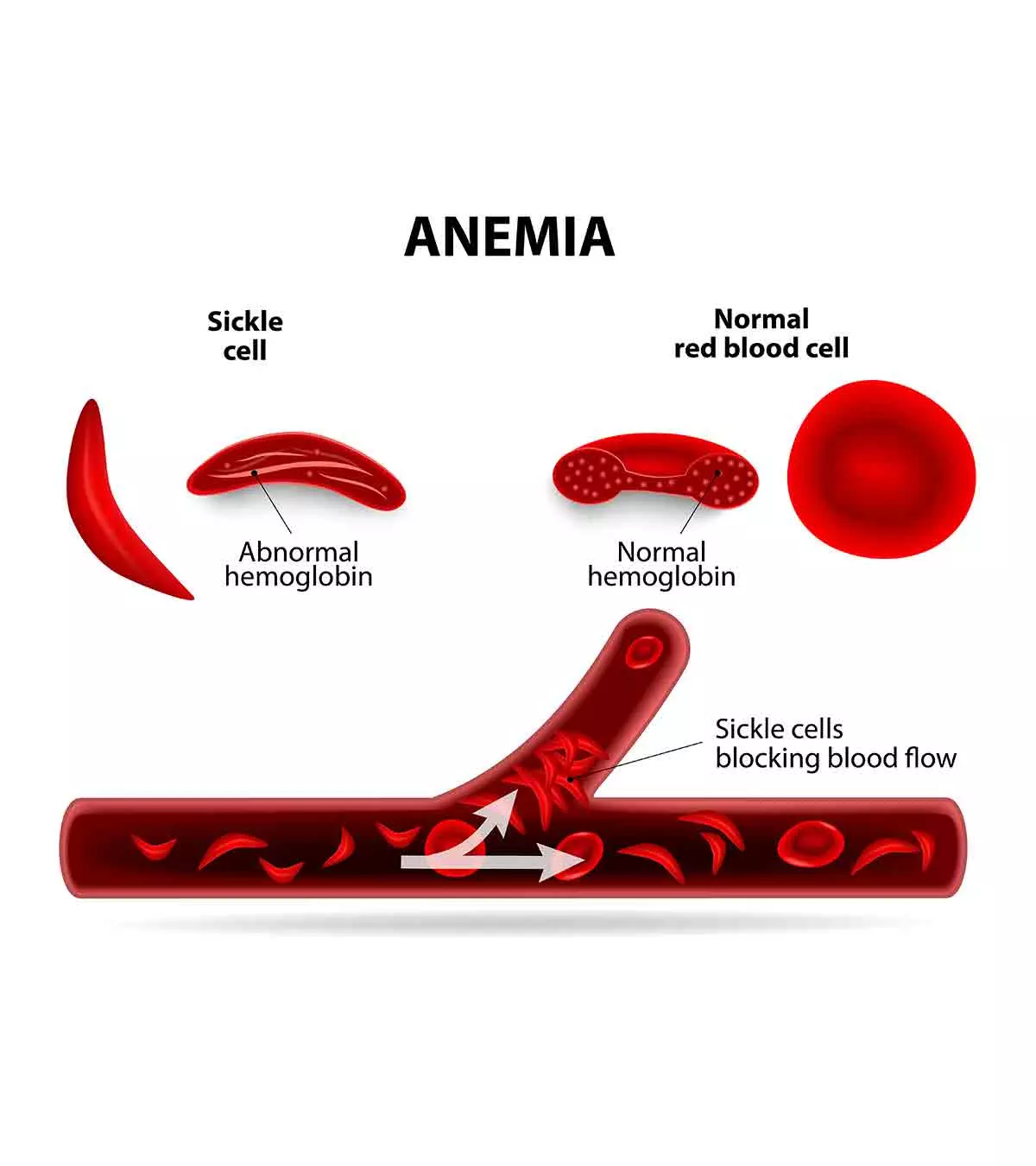

Image: Shutterstock
Earlier, a pregnancy lasting three weeks before or after the estimated due date was considered a full-term pregnancy. Hence, several mothers had gone for elected labor induction three weeks before their estimated due date, considering it safe.

However, studies have shown that elected labor induction earlier than the estimated delivery date could have adverse outcomes for the baby, especially because some of their major organs, such as the brain, continue developing during those last weeks (1). Hence, the ideal gestation age terminology has been changed.
Read on to know more about full-term pregnancy and the potential risks of delivering the baby before and after the estimated due date. We also give you tips on ensuring you attain a full-term pregnancy.
What Is A Full Term Pregnancy?
A pregnancy that lasts for 40 weeks (i.e., 280 days) is considered as a full-term pregnancy. Generally, the due date is calculated by taking into account the first day of the last menstrual period. But the American College of Obstetricians and Gynecologists (ACOG) and the Society for Maternal-Fetal Medicine (SMFM) have recently changed the gestational age terminology for births happening before 37 weeks of gestation.
According to the ACOG, a full-term pregnancy continues between 39 weeks and 0 days, and 40 weeks and 6 days (2). Babies born during this period are considered to be healthier than babies born before or after the suggested week. In the case of twin or multiple pregnancies, 38 weeks of gestation is considered the full term (3).
Considering the health issues the babies may encounter due to premature birth, the pregnancy week terminology has been revised for more clarity among patients and caregivers.
Revised Terminology For The Gestational Week
Earlier, full-term pregnancy referred to a pregnancy that lasted between 37 and 42 weeks, which was considered safe for birthing babies. However, recent studies indicate that babies born before 39 weeks of pregnancy are at risk of developing several health issues as their organs are not fully developed by then. The 39-week time frame gives enough time for the baby to grow and develop properly (4).
One of the health issues in babies born early is breathing trouble, as the surfactants are still being produced. Even after 39 weeks, the liver continues to develop, and fat deposition under the skin continues to maintain the body temperature. For these reasons, pregnant women must not opt for early deliveries and doctors should inform them about the risks.
To create awareness about the risks of elective delivery before 39 weeks (due to non-medical reasons) and to ensure the birth of healthy babies, here are the new gestational week designations introduced by the society.
- Early term: 37 weeks, 0 days to 38 weeks, 6 days
- Full term: 39 weeks, 0 days to 40 weeks, 6 days
- Late-term: 41 weeks, 0 days to 41 weeks, 6 days
- Post-term: 42 weeks, 0 days, and beyond
In the next section, we tell you about the benefits of having a baby at full-term.
What Are The Benefits Of Full Term Pregnancy?
The benefits of delivering babies between the 39th and 40th week include (5) (6):
- Reduced morbidity and mortality rate
- Fewer long-term illnesses
- Fewer respiratory problems
- Reduced risk of NICU admission
- Fewer re-admissions to the hospital
- Improved weight gain
- Longer sleep times
- Being more alert
- Crying less
- Having bigger brains
- Baby is born ready to be breastfed
Research also reveals that the longer the gestational age at the time of delivery, the higher the baby’s mental and psychomotor development would be.
What if the baby is born before or after full-term? Learn about it next.
What If The Labor Starts Before 39 weeks Or After 41 Weeks Of Pregnancy?
It is always best to wait for the labor to start naturally and avoid c-section or labor induction if there is no medical necessity. But sometimes, a woman may go into labor before 39 weeks due to unavoidable reasons such as breaking of the water bag, preeclampsia, early contractions, or fetal distress.
In some cases, the labor might get prolonged. If you pass 41 weeks of pregnancy without any signs of labor, then the doctor will induce labor. The fetus may develop health issues if it remains in the uterus past 41 weeks when it can be deprived of enough oxygen.
When the gestation period exceeds 41 weeks, there is inadequate oxygen supply by the placenta, the umbilical cord might get suppressed, and there will be a drop in the amniotic fluid level (7). In such cases, a biophysical profile or non-stress test will be done to monitor the baby’s well-being. Also, the baby will grow bigger after 41 weeks, which may reduce the chances of a vaginal delivery.
Therefore, it is best to try and have a full-term delivery naturally. Learn more about it next.
Tips To Attain A Full-Term Pregnancy
Here are some tips to help prevent a preterm or post-term baby:
- Adopt a healthy lifestyle
- Avoid smoking, alcohol and drug consumption
- Do not ask for labor induction for non-medical reasons
- Get prenatal care early and regularly
- In case of any discomfort or illness, contact your doctor
- Space your pregnancies properly. Have a gap of at least 18-24 months between two pregnancies
The full-term pregnancy may begin around 39 weeks, and you can expect labor at any time. The weeks of gestation to consider full-term may vary depending on the number of babies. For instance, multiple pregnancies are considered full-term at 38 weeks. All healthy babies born during this time can survive without additional support. Nonetheless, you may talk to your obstetrician about your due date and term to prepare for the delivery.
References
- Eva Rydahl et al.; (2018); Effects of induction of labor prior to post-term in low-risk pregnancies: a systematic review.
https://www.ncbi.nlm.nih.gov/pmc/articles/PMC6382053/ - Definition of Term Pregnancy.
https://www.acog.org/clinical/clinical-guidance/committee-opinion/articles/2013/11/definition-of-term-pregnancy?utm_source=redirect&utm_medium=web&utm_campaign=otn - Expecting Twins or Triplets.
https://my.clevelandclinic.org/health/articles/9710-expecting-twins-or-triplets#:~:text=Expecting%20Twins%20or%20Triplets - WHY AT LEAST 39 WEEKS IS BEST FOR YOUR BABY.
https://www.marchofdimes.org/find-support/topics/birth/why-least-39-weeks-best-your-baby - Go The Full 40 Weeks of Pregnancy.
https://www.health4mom.org/wp-content/uploads/2015/03/Go-The-Full-40-Implementation-Toolkit_2015-1.pdf - Emma V. Espel et al.; (2014); Longer Gestation among Children Born Full Term Influences Cognitive and Motor Development.
https://journals.plos.org/plosone/article?id=10.1371/journal.pone.0113758 - Postmaturity in the Newborn.
https://www.urmc.rochester.edu/encyclopedia/content?ContentTypeID=90&ContentID=P02399
Community Experiences
Join the conversation and become a part of our nurturing community! Share your stories, experiences, and insights to connect with fellow parents.
Read full bio of Dr. Burcu Saygan Karamürsel
Read full bio of shreeja pillai















